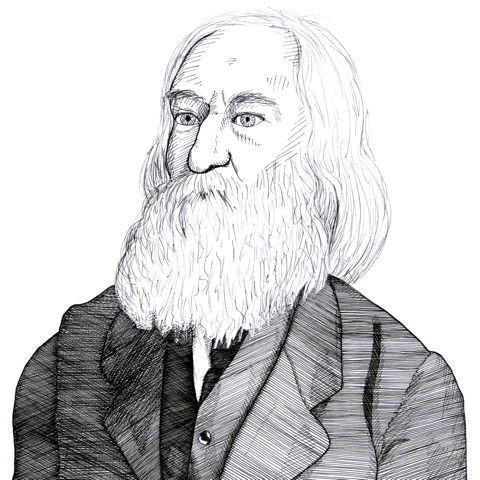
Spooner states the importance of the 9th Amendment to the American Constitution which protects the natural rights of the people not enumerated in the first 8 Amendments (1886)
Found in: A Letter to Grover Cleveland (1886)
Lysander Spooner (1808-1887) points out the importance of the 9th Amendment to the American Constitution in protecting the natural rights of the people not enumerated in the first 8 amendments. He laments the fact that this amendment has been ignored by the courts almost since it was enacted:
Law
But perhaps the most absolute proof that our national lawmakers and judges are as regardless of all constitutional, as they are of all natural, law, and that their statutes and decisions are as destitute of all constitutional, as they are of all natural, authority, is to be found in the fact that these lawmakers and judges have trampled upon, and utterly ignored, certain amendments to the constitution, which had been adopted, and (constitutionally speaking) become authoritative, as early as 1791; only two years after the government went into operation.
… Then followed the ninth amendment, in these words:
The enumeration in the constitution, of certain rights, [retained by the people] shall not be construed to deny or disparage others retained by the people.
Here is an authoritative declaration, that “the people” have “other rights” than those specially “enumerated in the constitution”; and that these “other rights” were “retained by the people”; that is, that congress should have no power to infringe them…
Now, if congress and the courts had attempted to obey this amendment, as they were constitutionally bound to do, they would soon have found that they had really no lawmaking power whatever left to them; because they would have found that they could make no law at all, of their own invention, that would not violate men’s natural rights.